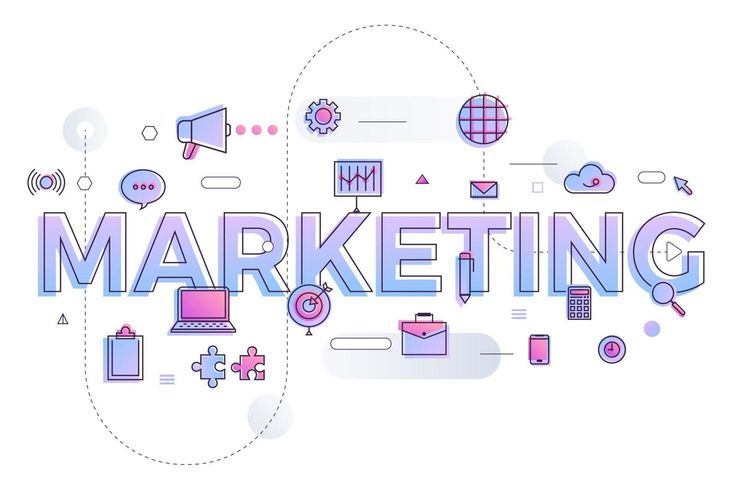
Why Digital Marketing is Essential for Small Businesses
In today’s increasingly connected world, digital marketing is no longer a luxury—it’s a necessity. For small businesses, it represents a powerful tool to level the playing field against larger competitors. Here’s why digital marketing is not just a good thing, but a game-changer for small businesses.
1. Cost-Effective Advertising
Traditional advertising methods like TV, radio, or print can be expensive and often out of reach for small businesses. Digital marketing, on the other hand, offers affordable options such as social media ads, pay-per-click (PPC) campaigns, and email marketing. Platforms like Facebook, Instagram, and Google allow businesses to set flexible budgets and pay only for the results they achieve, making it a cost-effective way to reach potential customers.
2. Targeted Reach
Digital marketing enables small businesses to focus their efforts on a specific audience. Tools like Google Ads and Facebook Ads Manager allow businesses to target people based on demographics, location, interests, and behavior. This precision ensures that marketing dollars are spent reaching the right people at the right time, maximizing return on investment (ROI).
3. Increased Brand Awareness
Having a strong online presence is crucial for building brand recognition. Social media platforms, search engines, and content marketing help small businesses reach wider audiences and establish credibility. A well-maintained website, engaging social media profiles, and consistent branding can make a small business appear just as professional as larger competitors.
4. Improved Customer Engagement
Digital marketing allows small businesses to interact directly with their customers through social media, email, and online reviews. Platforms like Instagram and Twitter make it easy to respond to inquiries, address concerns, and build relationships. This two-way communication fosters customer loyalty and encourages word-of-mouth referrals, which are invaluable for small businesses.
5. Data-Driven Decisions
One of the greatest advantages of digital marketing is access to analytics. Small businesses can measure the performance of their campaigns in real-time, gaining insights into what works and what doesn’t. This data allows them to make informed decisions, optimize their strategies, and allocate their resources more effectively.
6. Competing with Larger Companies
Digital marketing levels the playing field, enabling small businesses to compete with much larger companies. While big corporations have larger budgets, small businesses can leverage creativity and local expertise to craft personalized and relatable campaigns. Search engine optimization (SEO), for example, allows small businesses to rank locally, making them more visible to nearby customers.
7. Adapting to Consumer Behavior
The majority of consumers now research products and services online before making a purchase. Without a digital presence, small businesses risk being overlooked entirely. Digital marketing ensures they’re visible where their customers are looking—on Google, social media, or review platforms like Yelp.
8. Building Long-Term Relationships
Email marketing, loyalty programs, and social media engagement allow small businesses to stay connected with their customers over time. These strategies not only drive repeat business but also encourage customers to become brand advocates who recommend the business to others.
Final Thoughts
Digital marketing is no longer optional for small businesses; it’s essential. It offers a cost-effective, measurable, and impactful way to reach customers, build brand awareness, and drive growth. With the right strategy, small businesses can use digital marketing to not only survive but thrive in today’s competitive marketplace.
By embracing digital marketing, small businesses can unlock new opportunities and position themselves for long-term success. After all, in the digital age, it’s not about the size of your business—it’s about how effectively you connect with your audience.